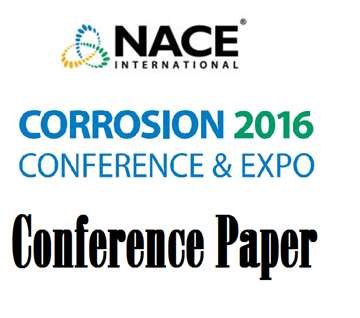Search
Products tagged with 'additives'
View as
Sort by
Display
per page
51316-7332-Bioinspired “Green” Scale Inhibitors For Mitigation of Silica Scales
Product Number:
51316-7332-SG
ISBN:
7332 2016 CP
Publication Date:
2016
$20.00
Additives for Environmentally Friendly Coatings
Product Number:
41210-534-SG
Publication Date:
2010
$20.00
Aerogel Additives for Next Generation of Water Borne Insulative Coatings
Product Number:
41212-671-SG
Publication Date:
2012
$20.00
Evaluations of Wetting and Dispersing Additives for Use in Waterborne AntiCorrosive Paints
Product Number:
51217-032-SG
Publication Date:
2017
$20.00
New Additives for Today’s Modern Coatings
Product Number:
41213-738-SG
Publication Date:
2013
$20.00
The Effect Of Sulfur Components Of Corrosion Inhibitors On Chemical Qualification
Product Number:
51322-17801-SG
Publication Date:
2022
$20.00







